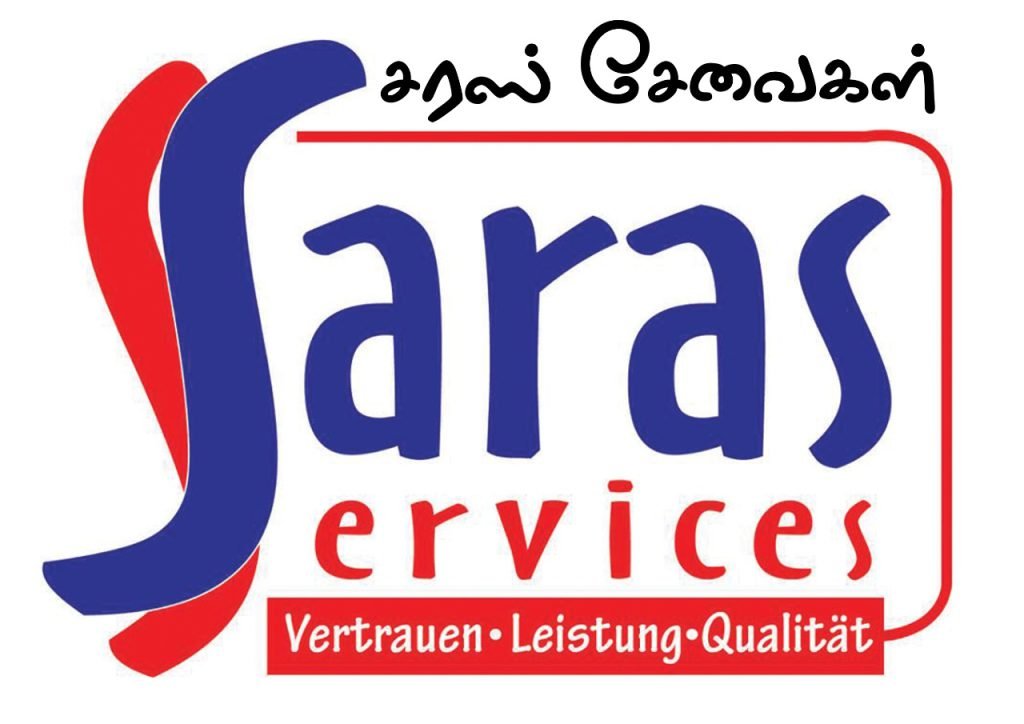
Navigating the intricacies of income tax in Germany requires a comprehensive understanding of the country’s tax regulations. Whether you are a resident or a non-resident, staying informed about the tax obligations and exemptions is crucial to ensure compliance with the German tax system. To help you make sense of it all, here is a brief overview along with ten key points in simple English:
1. Residency Status: Determine your residency status as it significantly impacts your tax liability.
2. Taxable Income: Know what constitutes taxable income, including salary, bonuses, and certain benefits.
3. Tax Rates: Be aware of the progressive income tax rates in Germany, with higher earnings incurring higher tax rates.
4. Deductions: Explore available deductions, such as those for health insurance, pension contributions, and certain work-related expenses.
5. Tax Calendar: Familiarize yourself with important tax deadlines to avoid penalties for late filing.
6. Social Security Contributions: Understand the obligations regarding social security contributions and how they impact your overall tax liability.
7. Double Taxation Treaties: If you are an expatriate, be aware of any double taxation treaties between Germany and your home country.
8. Special Tax Credits: Explore special tax credits for specific situations, such as having children or investing in energy-efficient technologies.
9. Filing Options: Choose the appropriate tax filing method, whether jointly with a spouse or individually, depending on your situation.
10. Professional Assistance: Consider seeking professional advice from tax consultants or advisors to optimize your tax position and ensure compliance with German tax laws.
In addition to the fundamental aspects outlined above, it’s essential to stay informed about any recent changes in tax legislation in Germany. Tax laws can evolve, impacting deductions, rates, and other crucial elements. Regularly checking for updates and seeking professional advice can help you adapt your financial strategy accordingly. Additionally, be proactive in maintaining accurate records of your financial transactions, as organized documentation simplifies the tax filing process and reduces the risk of errors. Lastly, engaging with local tax authorities and staying vigilant about communication ensures that you are well-informed about any specific requirements or changes that may affect your income tax obligations in Germany.
Furthermore, take advantage of available online resources, such as official tax websites and calculators, to enhance your understanding and streamline the tax preparation process. Familiarizing yourself with the various forms and documentation requirements specific to Germany will contribute to a smoother tax filing experience and help you maximize potential refunds or minimize tax liabilities.
